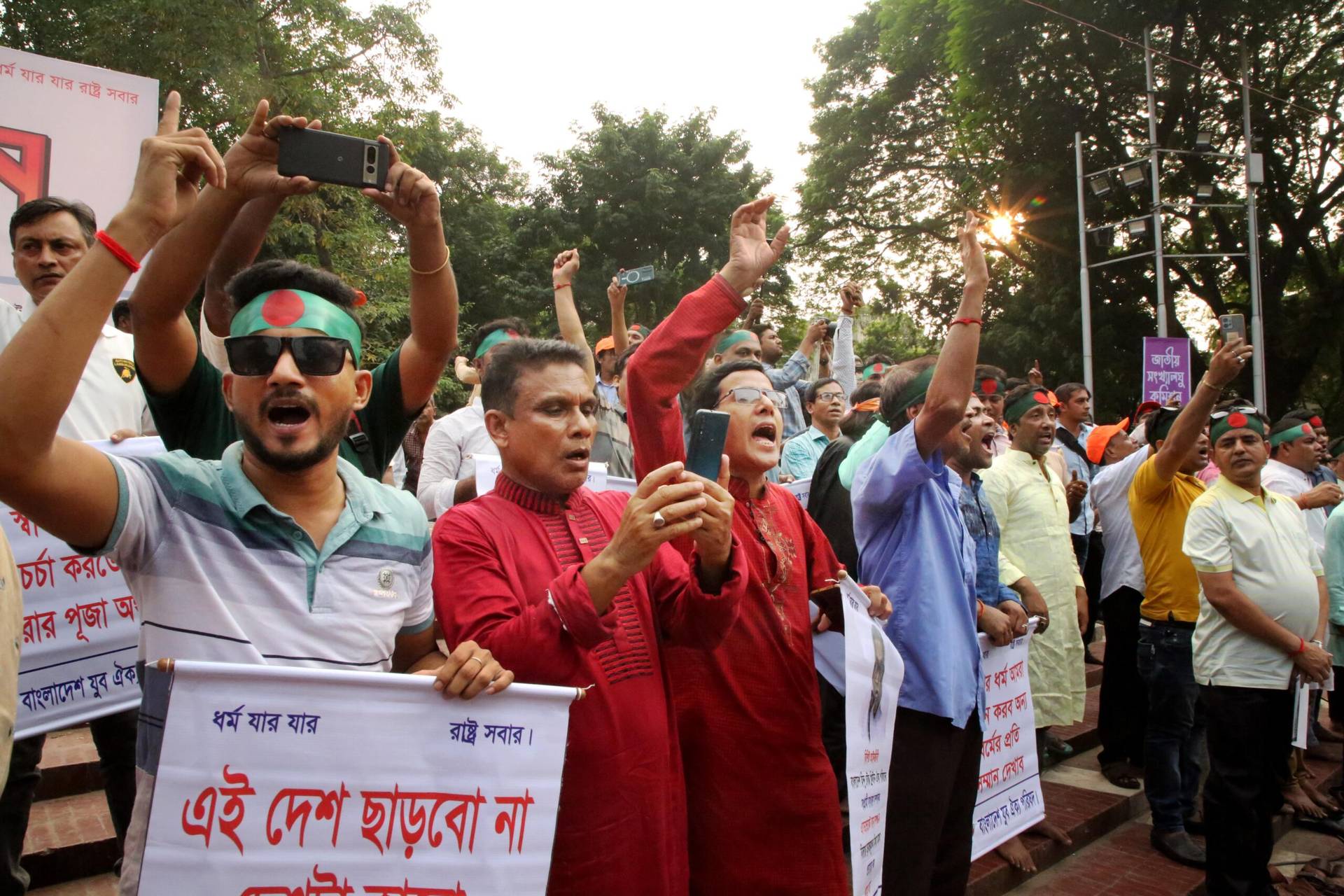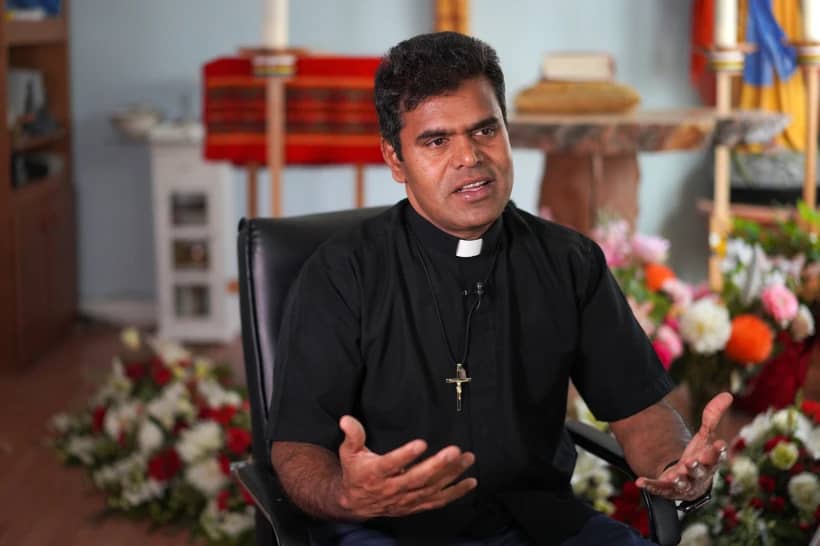TOPEKA, Kansas — Former Kansas Gov. Sam Brownback said he plans to make promoting racial reconciliation a focus of his life as a private citizen after more than a quarter century in politics.
Brownback, 64, stepped down as the country’s ambassador-at-large for international religious freedom last week after Democrat Joe Biden took office. In an interview with the Kansas City Star, Brownback declined to discuss any political plans he may still have but said he’ll now focus on racial reconciliation while continuing to promote religious freedom.
“I think my side, conservatives, need to put forward a racial reconciliation agenda and how we would address it,” he said.
Brownback promoted racial reconciliation during his stints in Congress and as governor, when he sponsored or signed government apologies to Blacks and Native Americans who had been wronged historically.
Some are skeptical about Brownback’s stated intentions. As governor, he enacted significant restrictions on public assistance and left the position of executive director for the Kansas African American Affairs Commission open for seven months in 2015.
Anthony Hensley, the Democratic leader in the state Senate during Brownback’s tenure as governor, also questioned the diversity of Brownback’s cabinet.
“I don’t know if I saw or experienced Sam Brownback going out of his way to try to bring about racial reconciliation in his seven years as governor,” he said.
Brownback said protests over the death of George Floyd in Minneapolis police custody last May “intensified the conversation” around reconciliation and galvanized another generation to move forward.
Brownback wasn’t specific about his racial reconciliation work, but he said a conservative agenda must begin by discussing historical wrongs. As an example, he cited Georgetown University, which apologized for its role in the sale of nearly 300 slaves and is giving admissions preferences to their descendants.
“We really need to do it to get the healing we need in the land,” he said.
Brownback stepped down as Kansas governor in 2018 to take the new ambassadorship created by President Donald Trump. He was deeply unpopular with Kansas voters at the time because of the impact of income tax cuts that he had pushed through.
His nomination for the ambassador role was stalled for several months after criticism of his record on gay rights and Islam, and he was finally confirmed on a 50-49 vote, with Vice President Mike Pence breaking the tie.











